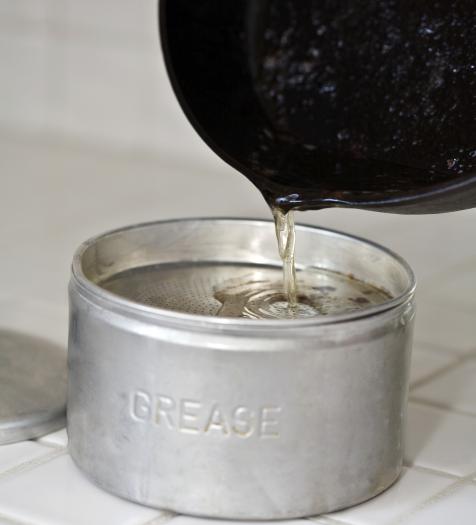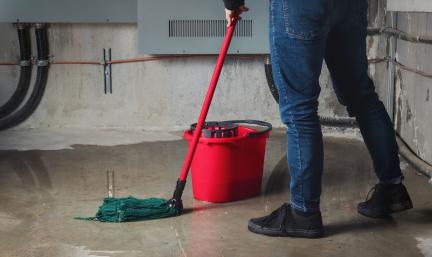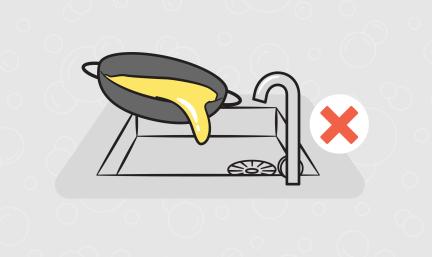Sewage Back-ups
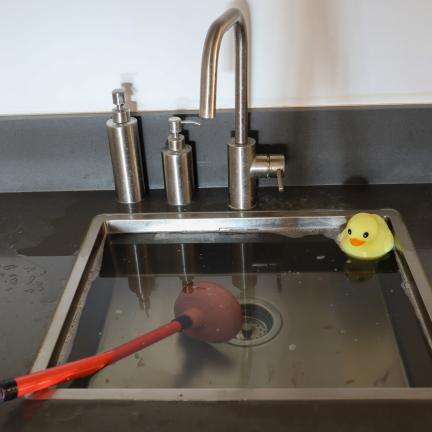
Sewage Back-Ups are Rare
Fortunately, main line sewage back-ups don’t happen very often –- fewer than 10 times each year across almost 1,200 miles of sewer mains and 85,000 sewer lateral connections that Prince William Water operates and maintains. However, if one happens, it is important to know how to respond quickly. In addition, you can help us prevent sewer back-ups by following our flushing guidelines and properly disposing of Fats, Oils & Grease (FOG).
What to do First?
If a sewage back-up occurs, stop using any water in the house. Take immediate steps to seal sink, tub and floor drains. Plug toilets with something like a string mop or wad of rags. Try to determine if the blockage is in your household plumbing alone, or if it is in the main sewer line. Call neighbors and ask if they are experiencing any back-up or slowness in their drains. If so, the problem may be in the main sewer line.
Next, Call our 24-Hour Emergency Dispatch at (703) 335-7990
If in doubt, call us. Prince William Water has 24-hour response to emergencies like this.
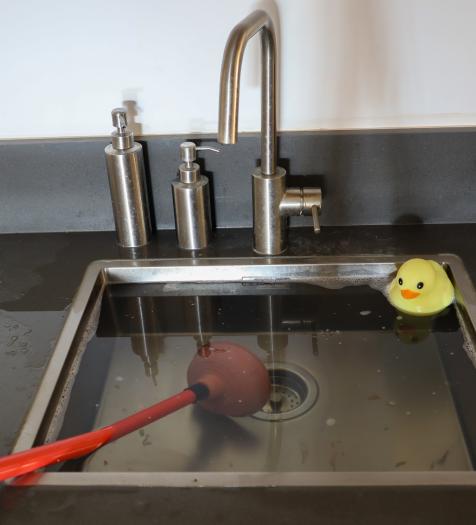
Consider Getting Insurance
You may wish to purchase a rider on your homeowner’s or renter’s insurance policy that would protect you in the event of a sewage back-up. Such coverage would pay for repairs and replacement of items destroyed by flooding far beyond the courtesy clean-up offered by Prince William Water. If you live in an area where a sewage back-up has occurred before, you may wish to consider getting this type of insurance; usually for only about fifty dollars per year.
Prevent Sewage Back-Ups
You can take steps in your home to prevent sewage back-ups. Never flush wipes, floss, rags or other trash down the toilet. These items do not break down in sewer lines and can cause clogs or damage our processing equipment, leading to sanitary sewer overflows or back-ups.
When you cook, make sure to properly dispose of fats, oils and grease (FOG). Pour used cooking oil or grease into a can, allow it to cool and throw the entire can in the trash. FOG should never be poured down drains, as it congeals in sewer lines and leads to large clogs called “fatbergs.” These fatbergs can cause expensive and hazardous back-ups and sanitary sewer overflows.
